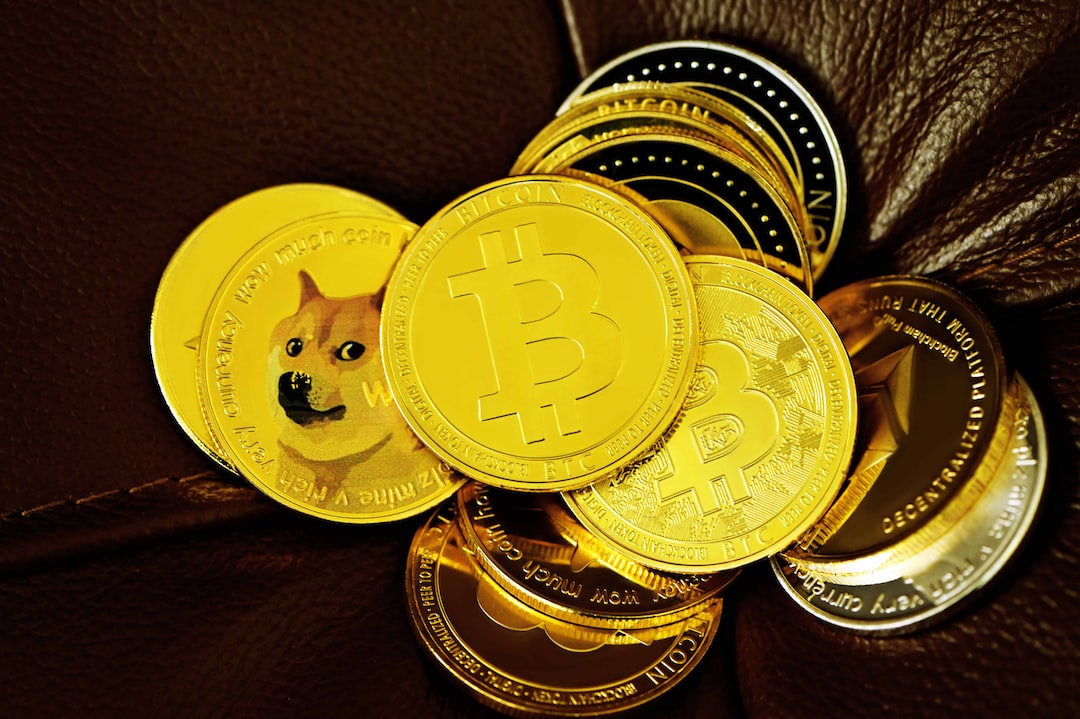Taiwan Considers Allowing Crypto ETFs After Analyzing Global Markets
The Financial Supervisory Commission (FSC) in Taiwan is exploring the possibility of allowing cryptocurrency exchange-traded funds (ETFs) in the country. However, the FSC wants to analyze the development of these products in other global markets first.
The FSC is closely monitoring the United States, where the Securities and Exchange Commission will review spot Bitcoin (BTC) ETFs in January. It is also observing developments in Canada and Australia, where local exchanges already trade crypto ETFs.
The FSC aims to gradually liberalize digital asset trading rules, but it emphasizes the importance of self-discipline and regulation. In recent years, Taiwanese regulators have blocked crypto ETF initiatives due to concerns about cryptocurrency volatility.
Recent Crypto Regulatory Developments in Taiwan
Taiwan has seen an acceleration in crypto regulatory developments. In October, legislators introduced the Virtual Asset Management Bill, which outlines regulatory demands for the industry. The bill includes obligations for virtual asset service providers to separate customer funds from company reserve funds.
In September, the FSC released industry guidelines for virtual asset service providers, prohibiting foreign non-licensed entities from operating in Taiwan. Major local crypto exchanges have also formed a self-regulatory association.
Hot Take: Taiwan Explores Crypto ETFs Amidst Global Developments
Taiwan’s Financial Supervisory Commission is cautiously considering the possibility of allowing cryptocurrency exchange-traded funds (ETFs) in the country. While analyzing developments in other markets like the US, Canada, and Australia, Taiwanese regulators aim to gradually liberalize digital asset trading rules. This move comes as part of recent efforts to accelerate crypto regulatory developments in Taiwan. With legislators introducing the Virtual Asset Management Bill and industry guidelines for virtual asset service providers, Taiwan is taking steps to ensure self-discipline and regulation in the crypto space. However, concerns about cryptocurrency volatility have previously led to the blocking of local crypto ETF initiatives.





 By
By
 By
By
 By
By
 By
By

 By
By